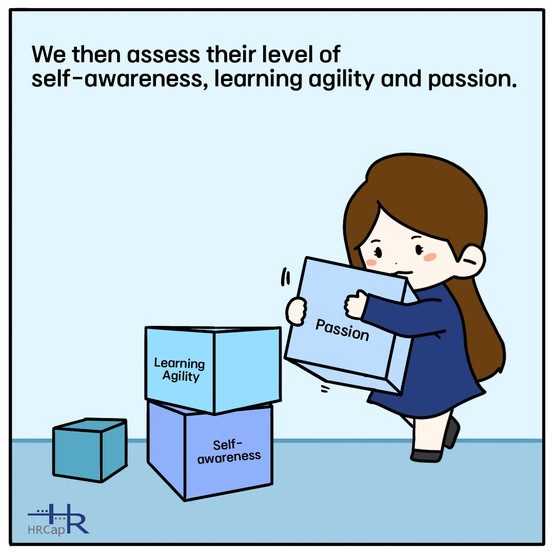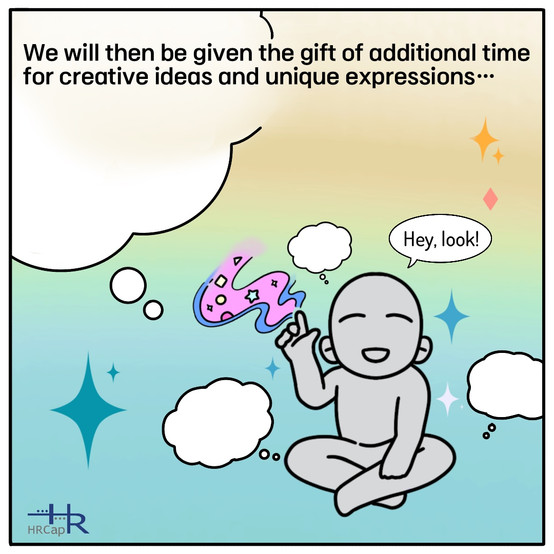AI vs. EI? Artificial Intelligence is Meaningless Without Emotional Intelligence.
- jonathanlee41
- Feb 16, 2023
- 3 min read
Updated: Mar 9, 2023
Written by Stella H. Kim
Published February 16, 2023

Artificial Intelligence (AI) makes our lives convenient and oftentimes more enriching, and allows us to complete tasks more quickly and accurately. It analyzes data to drive future-proofed products and service innovations, while improving efficiency, saving costs, and mitigating risks through automation.
However, many are anxious and rather worried of being replaced by AI, while many have been recently laid off as their positions became unnecessary with greater digitalization and automation. The World Economic Forum predicted that 85 million jobs will be displaced as the workforce automates faster than expected, and that work will be divided between humans and machines equally (50:50) by 2025.
As Tech-Centric fields become increasingly important, we need to strengthen our data literacy to understand, analyze, and leverage data. But AI is not enough. We must now continue to invest in DX (Digital Transformation) technologies, while further differentiating ourselves through Emotional Intelligence (EI).
Emotional Intelligence is the ability to be aware of, control, and manage one’s emotions and those of others. The World Economic Forum ranked EI among the top 10 critical skills needed by 2020 to successfully transition during the 4th Industrial Revolution. This thereby demonstrates the rising importance of Human-Centric fields.
According to the 2021 People Management survey, 43% of employees resigned because of their manager, while 53% looked to change jobs because of their manager. On the contrary, 38% of the respondents said they stayed in a job longer than intended because of a good manager, 48% can comfortably talk about their personal life with their manager, while 85% had greater workplace happiness due to a good manager. Employees respect leaders who lead with empathy and motivate with compassion. Such leaders know how to unlock greater potential with vitality for continuous growth and collaboration for stronger innovation.
Therefore, the key to successfully attracting and retaining talent is hiring emotionally intelligent leaders who highly value communication and collaboration. Companies are now strategically asking interview questions that deeply screen for the candidates’ leadership style and emotional intelligence, all from the first recruitment steps. In fact, 80% of companies in the United States leverage Leadership Assessment tools to assess the EI of C-Suite executive candidates.
At HRCap, a Global Executive Search & HR Consulting Firm, we differentiate client recruiting services with our HRCap Proprietary Leadership Assessment, developed in collaboration with the Columbia University of New York (Teachers College). We deeply understand the client’s future business agendas and corporate culture, proactively search for executive candidates with those critical expertise and cultural nuances, then assess their level of self-awareness, learning agility, and passion (the three most important qualities of effective leadership) to make a non-biased best-fit recommendation.
As technologies take over to process our work more quickly and accurately, we should feel excitement, not anxiety. We are now given the invaluable gift of additional time for creative ideations and unique expressions. We will not be able to surpass AI’s Tech-Centric capabilities, but we may never need to. We need to learn how to utilize technology and focus on developing greater EI and Human-Centric skills. I invite us all to invest in ourselves to build greater self-awareness and appreciation, and lead and influence with empathy as genuine leaders with higher emotional intelligence.
Stella H. Kim
HRCap - Chief Marketing Officer & Global VP
Original Source: [전문가 칼럼] "AI vs EI - 이제는 감성지능"
Source: HRCap, The Korea Daily, JoongAng Ilbo
Adapted into HRCap Instatoons
========
Want marketing-leading updates on HR Trends, Recruiting Tips, and Career Advice?















































Comments